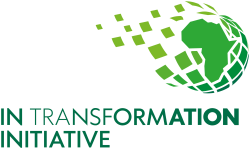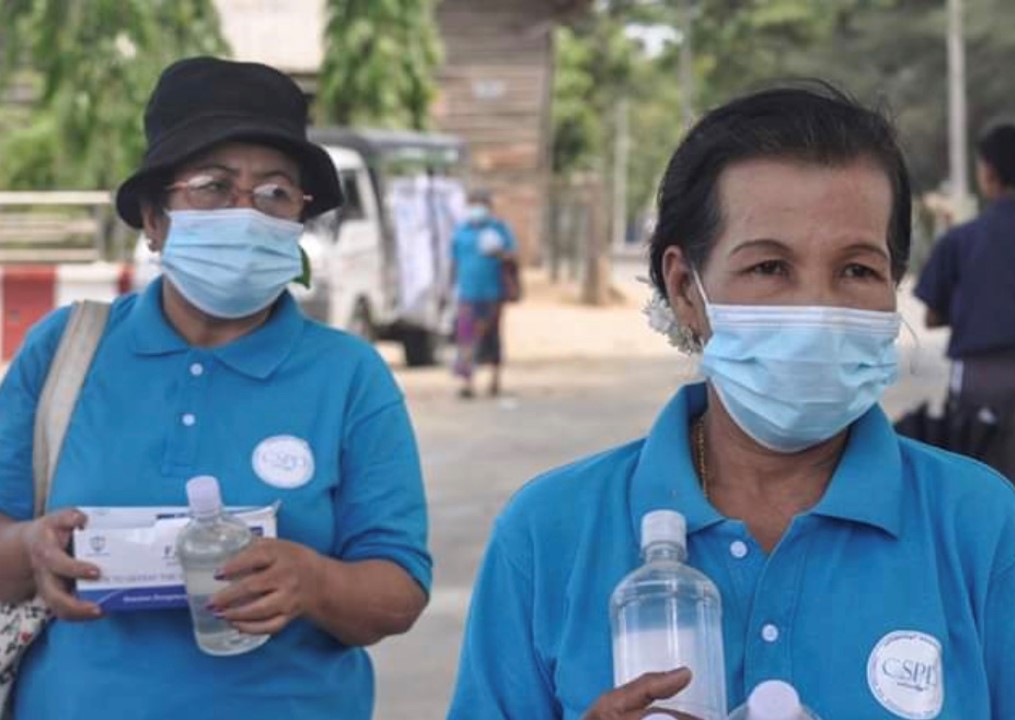The In Transformation Initiative’s (ITI) s work in the Rakhine state of Myanmar stretches back to 2018 when a number of fact-finding missions established the viability of supporting inter-community dialogue in the wake of events that had caught the attention of the world. The initial aim was to start in Maungdaw, Rakhine State, which in 2017 had been the epicenter of the extraordinarily violent crackdown by the military on the Rohingya community. As a result, more than 700 000 persons had fled to Bangladesh. Recently, the United States (US) administration designated this military campaign as a “genocide”, listing the systematic nature of the killings, sexual violence, abduction, torture and destruction of property as proof. Currently, the case is being tried in the International Court of Justice (ICJ). The International Criminal Court (ICC) is also investigating it, whilst a special UN body, the Independent Investigative Mechanism for Myanmar is tasked with gaining as much evidence as possible.
In the wake of this terrifying violence, Rakhine residents opted to come together, regardless of the ongoing provocation by those who benefit from ongoing instability, both local and remote. Supported by a coalition of four NGOs, including ITI, Buddhist, Rohinghya (Muslim), Hindu and other minority leaders in Maungdaw, work began rebuilding what could be salvaged of the communities’ villages.
Yet, as the work began, a civil war between the same military (the Tatmadaw) and a local Rakhine-based armed group, the Arakan Army (AA), broke out. Once again hundreds of thousands were displaced. This was followed by economic devastation linked to a harsh COVID-19 lockdown. Additionally, in 2021, the country experienced further destabilisation with a military coup deposing Aung San Suu Kyi, who served as State Counsellor of Myanmar (equivalent to the position of Prime Minister) and return the country to military rule. This led ITI to break all formal relations with the new junta. But an event that saw the rest of the country spiral into violence, strangely provided a hiatus of sorts for Rakhine, as the formerly violent state now enjoyed a semblance of stability given the local power balance between the AA and the military. Throughout all of these developments, community leaders have remained committed to working together to deliver essential food aid, anti-COVID materials, education, basic livelihood training and even community festivals to their communities, which speaks volumes about the courage of these leaders, and the manner in which ITI and its partners have been able to support these brave leaders.
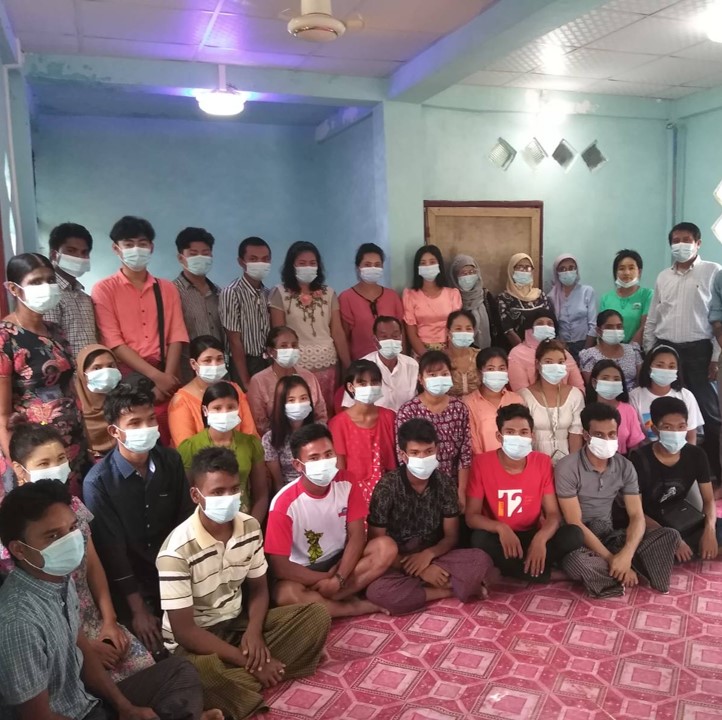
Mayu Sadana Development Association for Buthidaung consist of 35 members 
Thandwe CSPD registered in May 2021
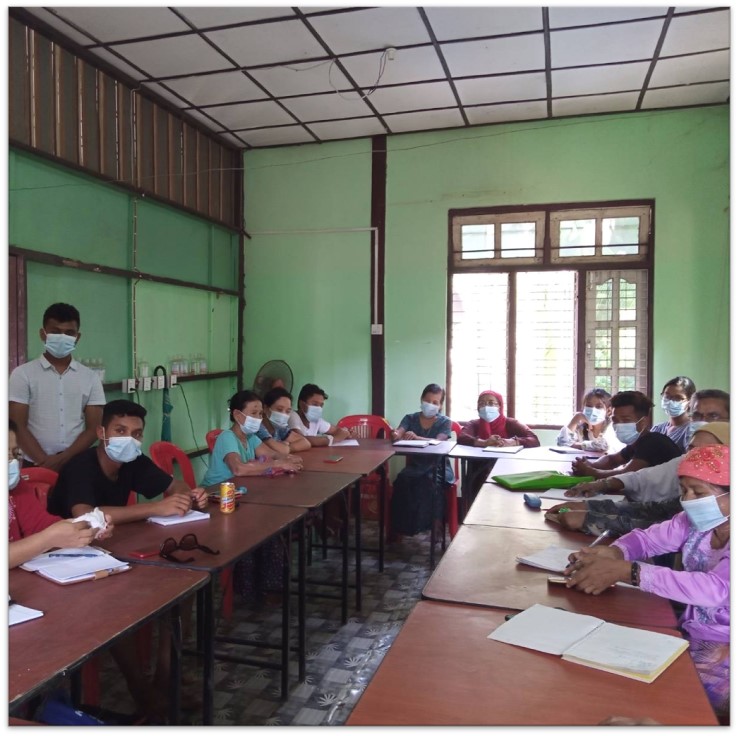
Mayu Spectrum Development Association for Maungdaw estblished in 2019 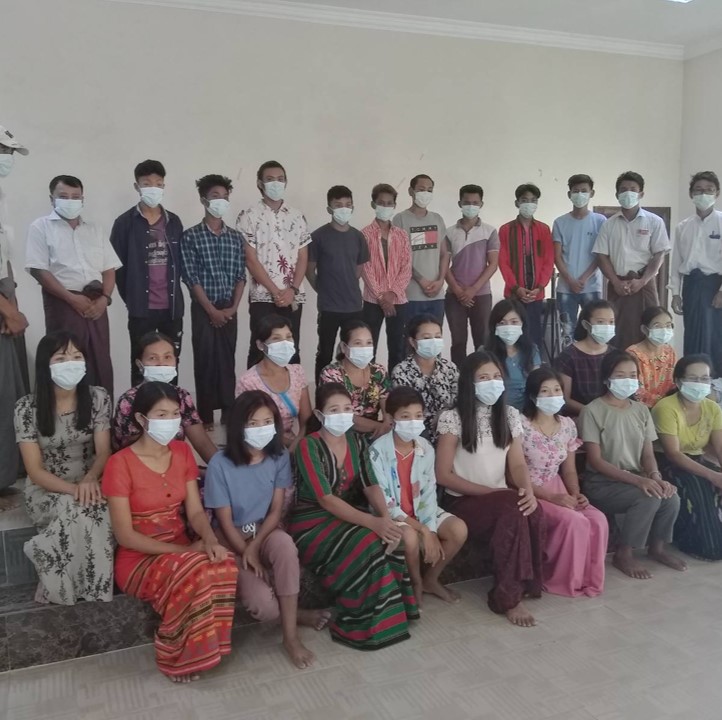
Manaung Social Development Organization cosnsiting of 34 members
Several Committee for Sustainable Peace and Development (CSPD) networks have been established across the Rakhine State including townships such as Maungdaw, Thandwe, Ann, Buthidaung, Manuang and Gwa. Today there are approximately 500 volunteer leaders working in 16 structures across the Rakhine State, involving thousands of residents, sometimes tens of thousands. In several communities across the state, a noticeable warming of inter-community relations has followed the work of the volunteers.
These networks are vital for the rollout of community development and support initiatives that impact citizens across ethno-religious groupings. Some of these initiatives have included providing food supplies to internally displaced persons in Maungdaw, Ann and Buthidaung, which has reached around 800 participants.

Other activities have included setting up centers for computer literacy training, women-specific training and activities, as well as establishing an inter-community football tournament held in Kyauktaw and Mrauk-U from 5-8 May 2021. These activities have seen a further strengthening of inter-community relations as well as the active participation of women.
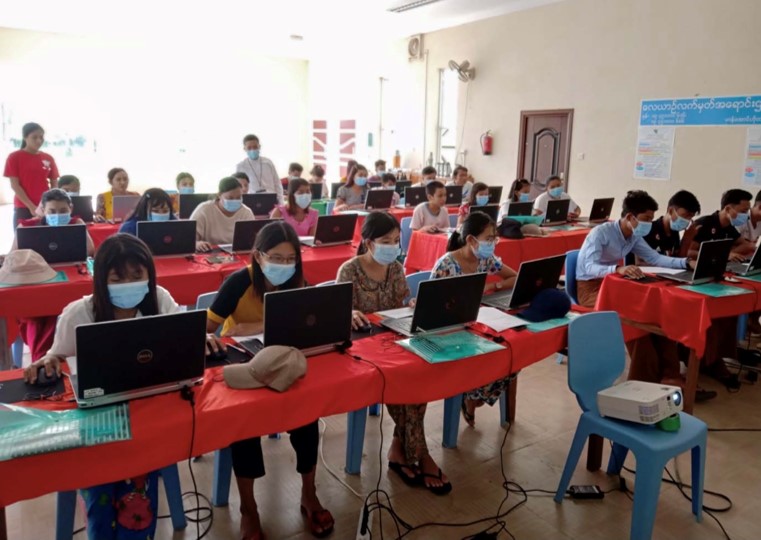
Computer training sessions took place in April and May 2021 reaching 180 beneficiaries 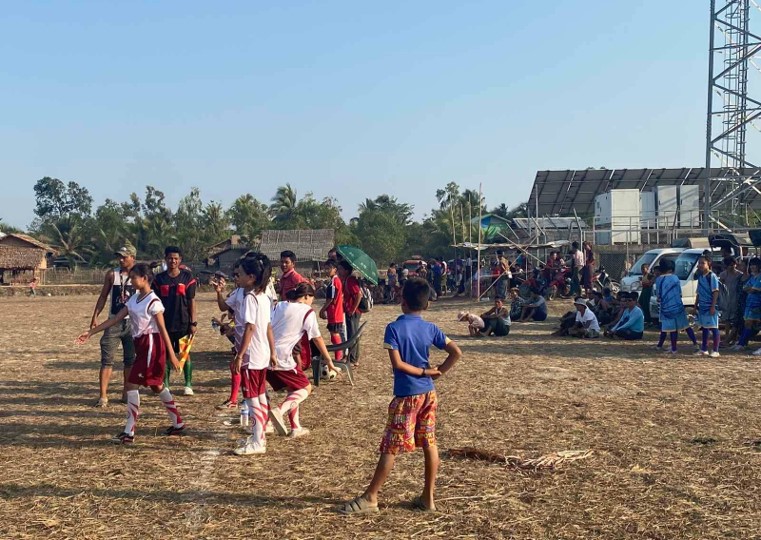
Kyauktaw and Mrauk-U 2021 Football Tournament
A critical requirement for each local structure is inclusivity, which means that all major ethno-religious groups need to be represented. Moreover, there is also an insistence in these structures that a 50% male to female ratio is present, and where capacity exists, members from other vulnerable groupings such as the LGBTQ+ and people with disabilities are included.
ITI’s longer-term aim is to strengthen social cohesion and resilience to such a degree that, should repatriation of the 2017 refugees become a political reality, the conditions on the ground would be conducive to allow them to return to their places of origin. But a long road ahead and much work remains.
In the year ahead, ITI will remain fully engaged through its online support of both the support team, the community volunteers as well as various key leaders in the region and the country. This includes regular planning and training meetings as well as community workshops and longer, more specialised courses, one of which has now been formally underwritten by the Carter School at the George Mason University in the United States, thus enabling our volunteers to come away, not only with experience but also a relevant certificate from a top international education institution.
Moreover, Myanmar is in the process of lifting COVID-travel restrictions, and therefore the chance of visiting the country again in person is now a realistic possibility for later in 2022.
